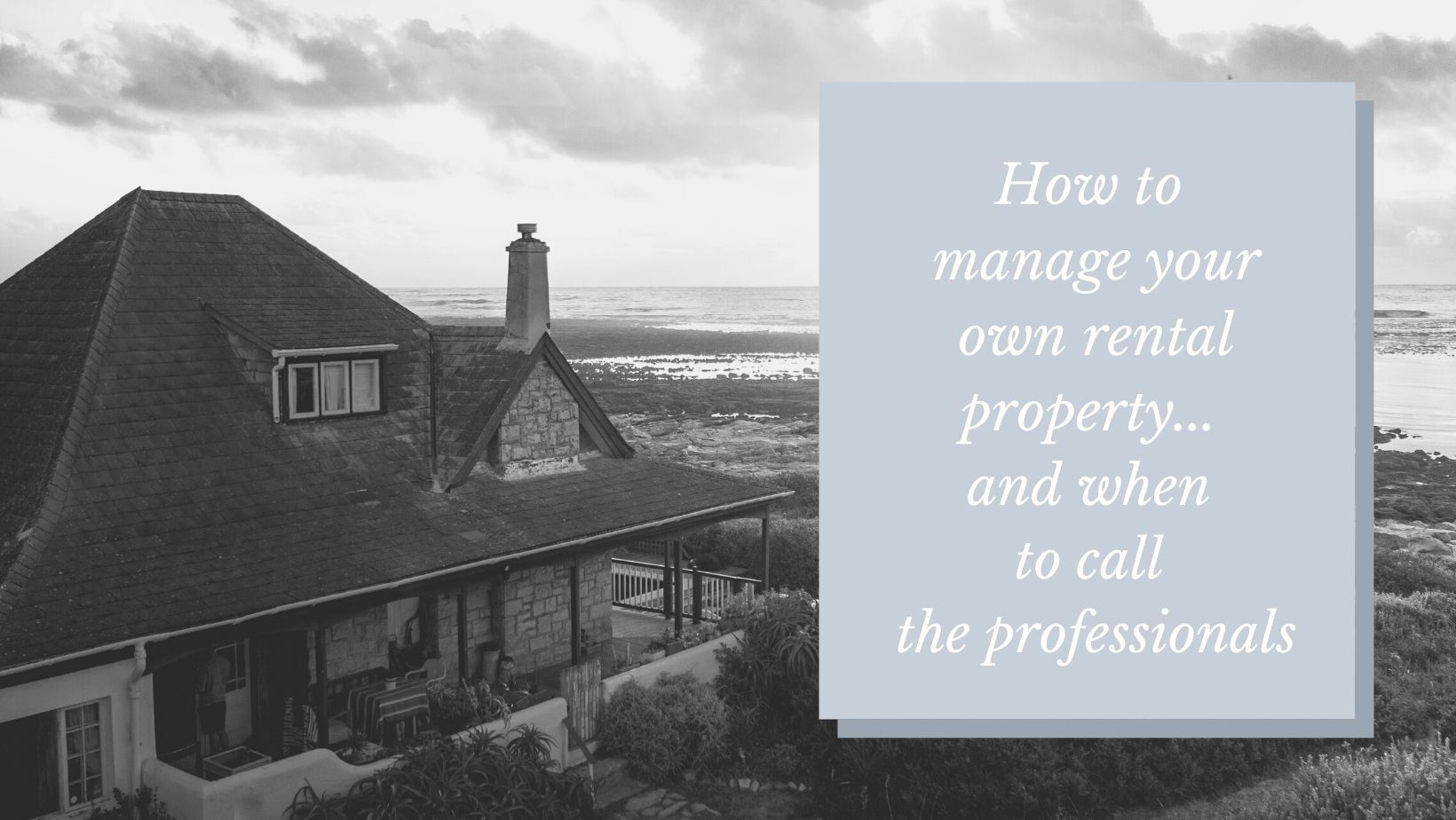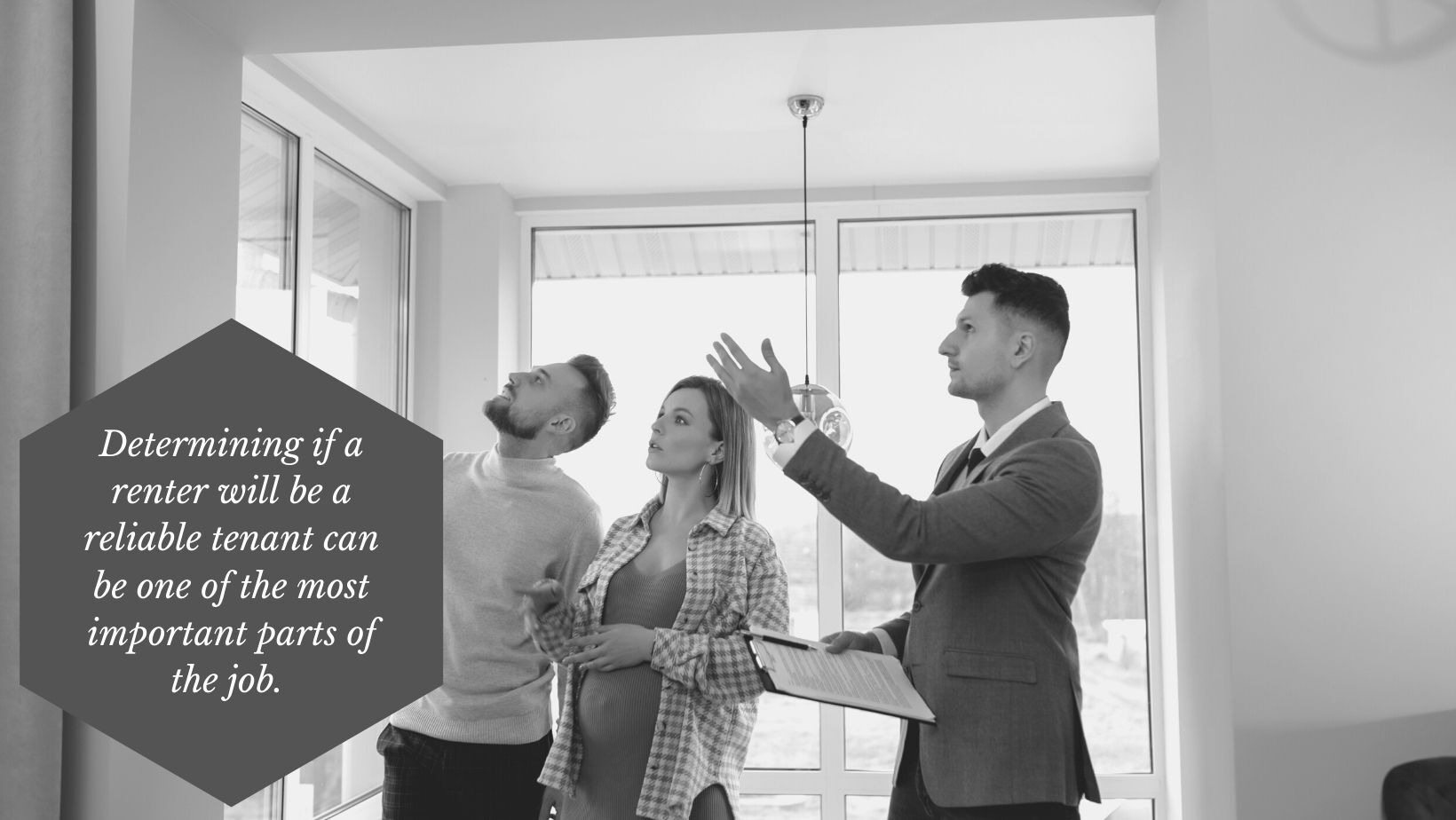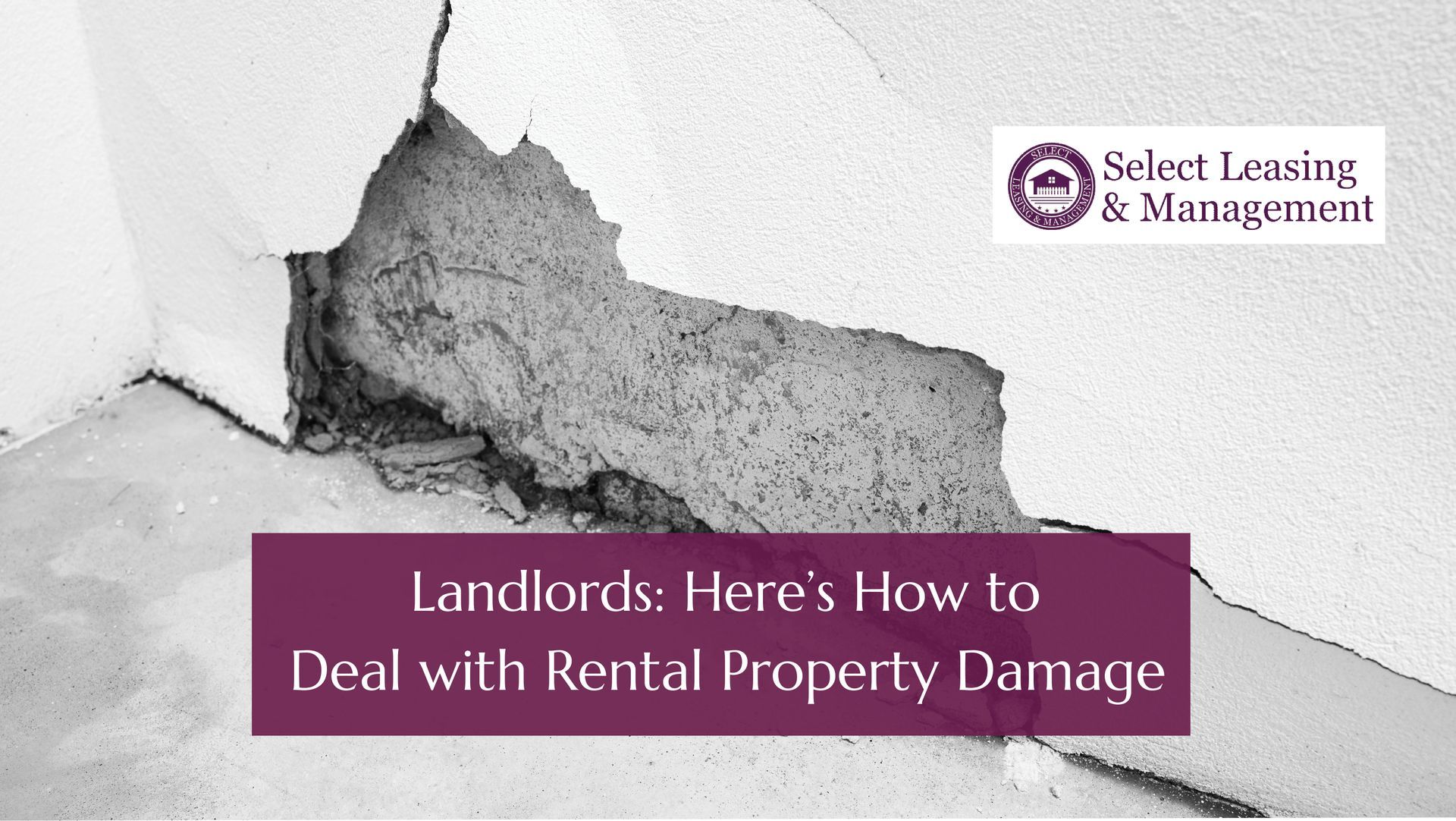How to Manage Your Own Rental Property... and When to Call the Professionals

Owning rental properties can be a great investment. But whether it is the main source of income or a side hustle that just started, taking care of the property and the tenants often feels like a full-time job, especially when you already have a full-time job outside of being a landlord.
Taking care of a rental property yourself can mean saving a lot of money. But when it comes to balancing other things like work and family, not living nearby, or managing multiple properties, managing it all can become too much. But if you are considering a DIY approach to rental management, here is what you need to know.
One quick note: By “rental management” we mean the business of leasing apartments and houses as residences. This should not be confused with
vacation rental management, which has its own rules and procedures.
Understanding the Law
Landlords and property managers have the responsibility of providing a safe place to live for their tenants. This means understanding tenant-landlord laws. Knowing and practicing the laws around managing a property includes keeping it a safe place to live and ensuring that tenants are treated fairly and not discriminated against. Not only is this the right thing to do, but it will also keep you out of legal trouble.
Beyond premises liability, tenant-landlord laws, in general, vary depending on the city, county, and state so it is important to be familiarized with, and read up on, all the laws and regulations related to this type of business.
Create a Lease Agreement
Creating a lease agreement is a way to set the rules and expectations between the tenant and landlord. The first step is making sure the lease complies with all applicable laws.
Finalizing lease agreements starts with customizing the lease. This step requires a lot of thought because if something is not in the lease, it could end up creating problems. Do you want to ban smoking? Allow pets? These are things to think about when it comes to creating a customized lease agreement.
After finalizing the lease agreement, you will want to run it by a legal professional to make sure everything looks good in regard to the applicable laws. Once it is ready to go, it can be reviewed with the tenant and signed and dated by both you and the tenant. Lastly, provide a copy for the tenant and always keep a copy for yourself.
Figure Out What To Charge

Deciding what to charge for rent is a crucial piece of owning and managing a rental property. Rent pays for the upkeep of the place, as well as your paycheck. Making rent too low means missing out on profits while setting prices too high can mean an empty property.
The best way to figure out what to charge is by comparing the property to others in the area. Getting a feel for what the area and your property have to offer can help in coming up with a price that is in line with the current rental market.
It is also worth considering what things could make the property more desirable, so you can ask more for rent. Then you can decide if they are worth the investment. For example, adding in-unit laundry or an assigned parking spot can be a hot commodity in some areas.
Marketing
Once the price is set, marketing can be a game-changer for how fast an apartment gets filled. Start with taking good pictures with natural light that show the place well. Make sure to include photos of every room and everything the property has to offer.
Share the photos and a detailed property listing on different sites like Zillow, Craigslist, Facebook, or with a local realtor. Focusing on the features and upgrades of the place will have potential tenants interested right away. In order to decide where to make your posts, do some research and figure out where your target market is looking.
Including any specific policies when advertising saves time by weeding out certain candidates. For example, stating the pet policy, income requirements, and whether the rent price includes things like utilities and wifi, is all helpful.
It is important to remember that managing the property yourself means being available for showings. Fitting in tours for potential tenants around work and home schedules can be challenging. And the further away you live, the more time-consuming it will be.
Finding and Keeping the Right Tenants
Determining if a renter will be a reliable tenant can be one of the most important parts of the job. Good tenants take care of things, pay their rent on time, and hopefully stick around for a long time.
Landlords may have to screen several tenants for any given property, as some renters live with roommates. These applications should provide personal information like name, phone number, and email address, additional occupants and pets, current and previous residences, employment and income, and prior evictions or bankruptcies. While going through rental applications, always comply with all applicable fair housing laws throughout the process of running credit and background checks on potential tenants.
It is crucial to run a background and credit check to verify that all information that candidates provide is correct. Bad tenants might not pay rent on time, wreck the place, or get involved in criminal activity. All of these people can (hopefully) be weeded out in the screening process.

Maintenance
Paying to live in an apartment means having someone to take care of things. Keeping your tenants happy with a rental that is well kept will make your life a whole lot easier. And general upkeep is just as critical as fixing things when they need fixing.
General maintenance includes things like general property walkthroughs, keeping the gutters clean, doing pest control, servicing HVAC units, and making sure that landlord insurance is up-to-date. Some other landlord duties include landscaping, cleaning common areas like lobbies and hallways.
In addition to these routine duties, landlords also must field calls 24/7 for things like plumbing issues, no heat, or blown fuses. Larger projects like repairing storm damage, fixing burst pipes, and replacing broken appliances are often urgent and costly.
There are ways to
keep property maintenance costs down but it is important to keep the property in good shape, and that costs money. Creating a budget for day-to-day maintenance as well as other larger, unexpected costs and major upgrades is an important part of preparing for tenants.
Setting aside a portion of rent revenue to budget for maintenance upkeep is a way to stay ahead of these things. Consider setting aside around 50% of rental income for repairs, taxes, insurance, and general maintenance.
When to Hire a Property Manager
It is no secret that being a landlord is a lot of work. From advertising to running background checks to doing maintenance, there are many different roles that a landlord has to cover.
When things become too overwhelming, it is time to get some help. Yes,
it will cost you something, but there are countless benefits. Property management companies have the skills and resources that often allow them to do the job more efficiently than a single owner. Plus, hiring a property manager means no more late-night calls, no more chasing down late rent payments, and any other unpleasant chores.
Property management companies either have their own staff, or a network of plumbers, electricians, and other contractors for just about anything. A property manager will even take care of evictions if necessary. Often, hiring a property manager allows an owner to work on growing the business because they do not have to focus on all of the details every day.
At
Select Leasing & Management, protecting your investment is our top priority. If you are looking for help with your property,
contact us.
Share this post










